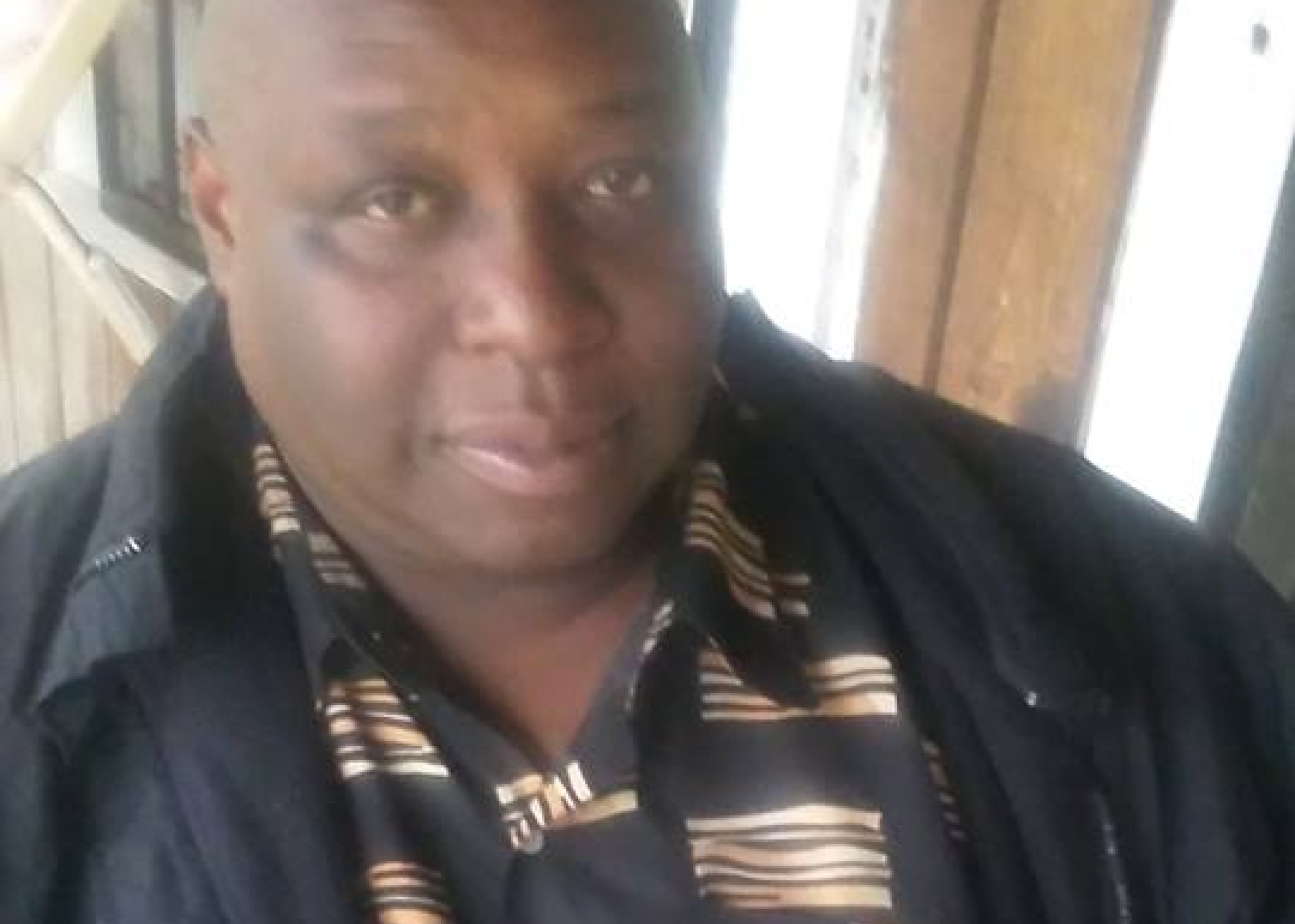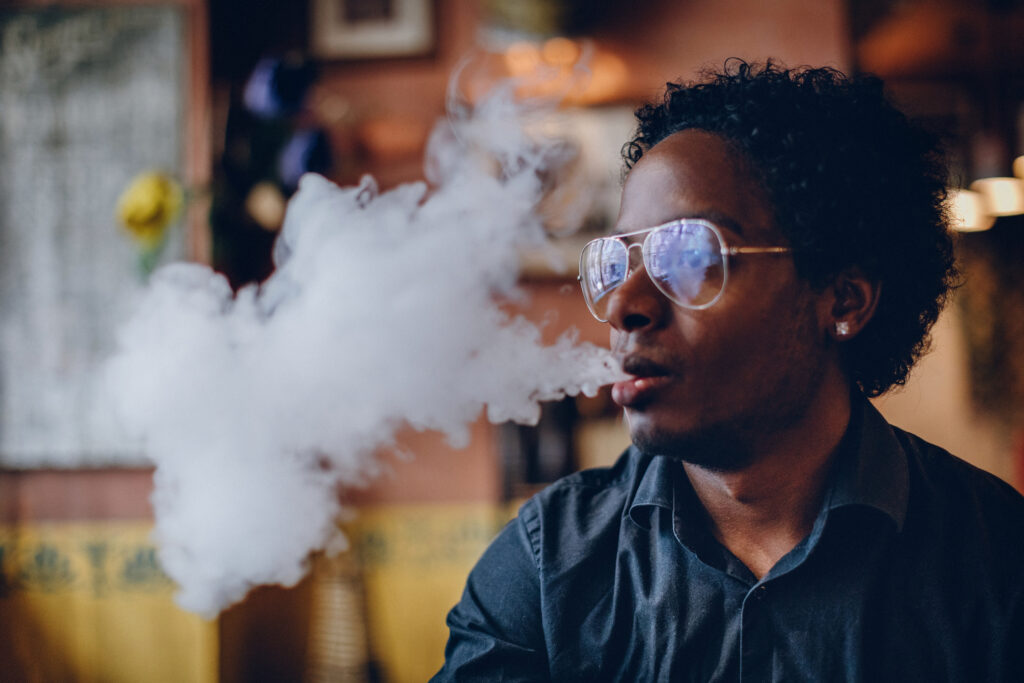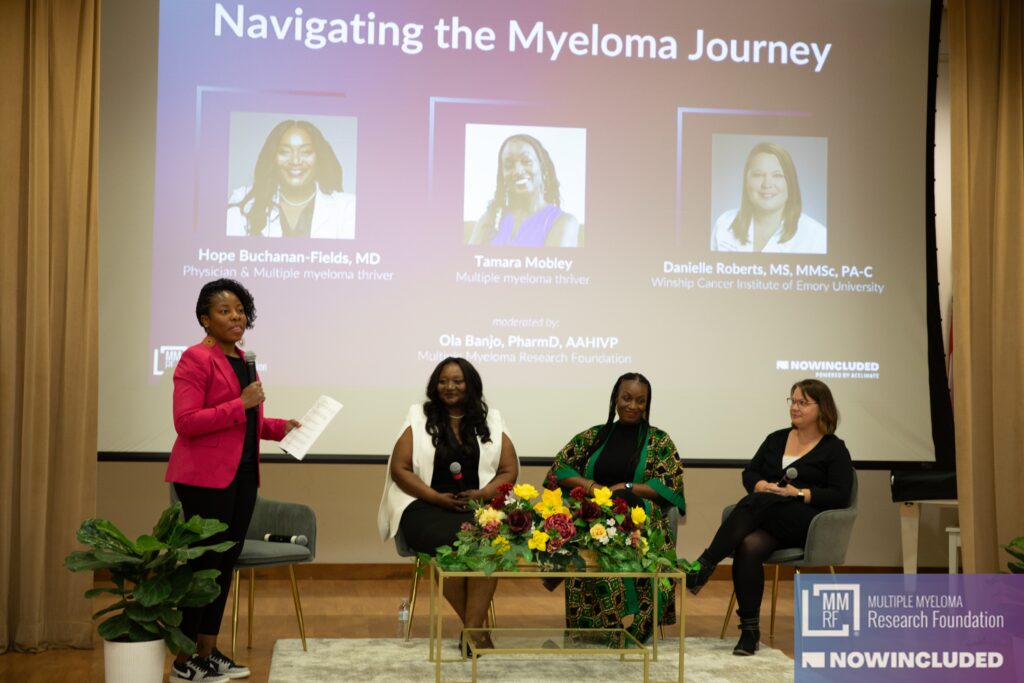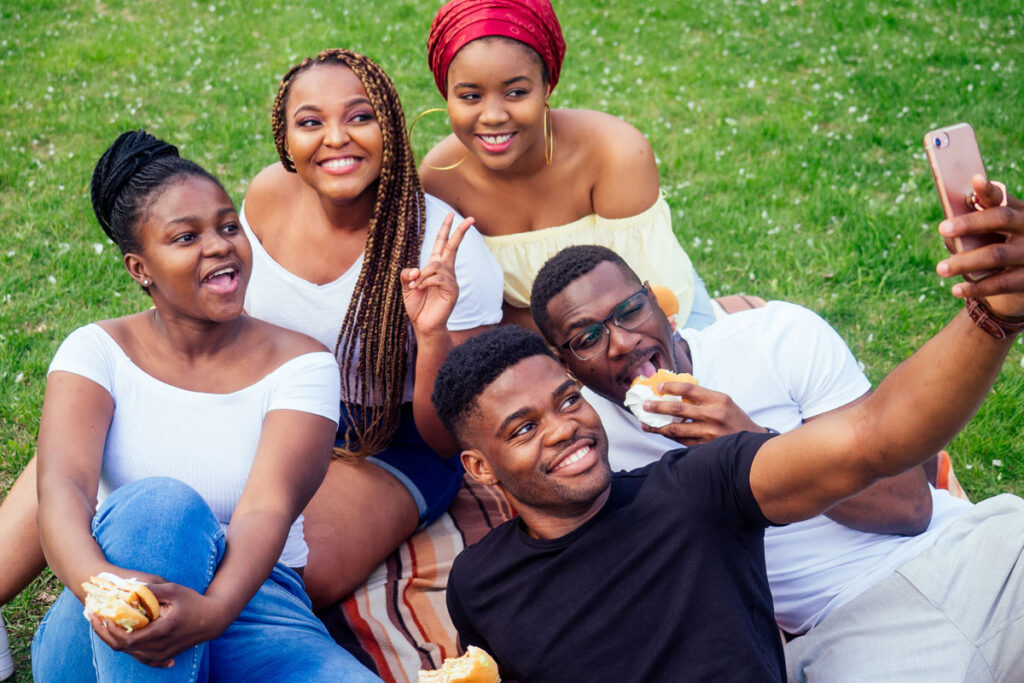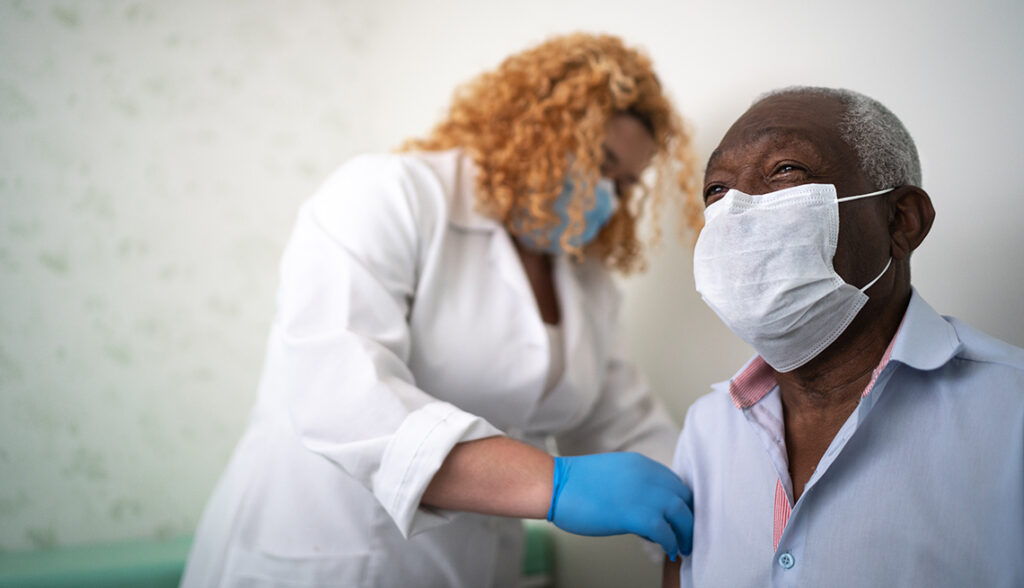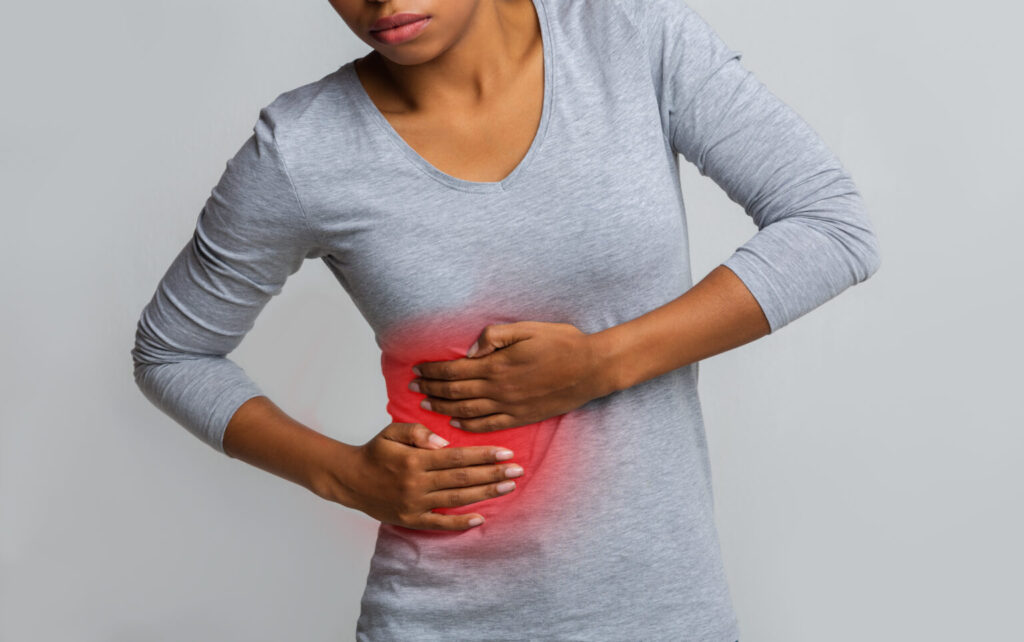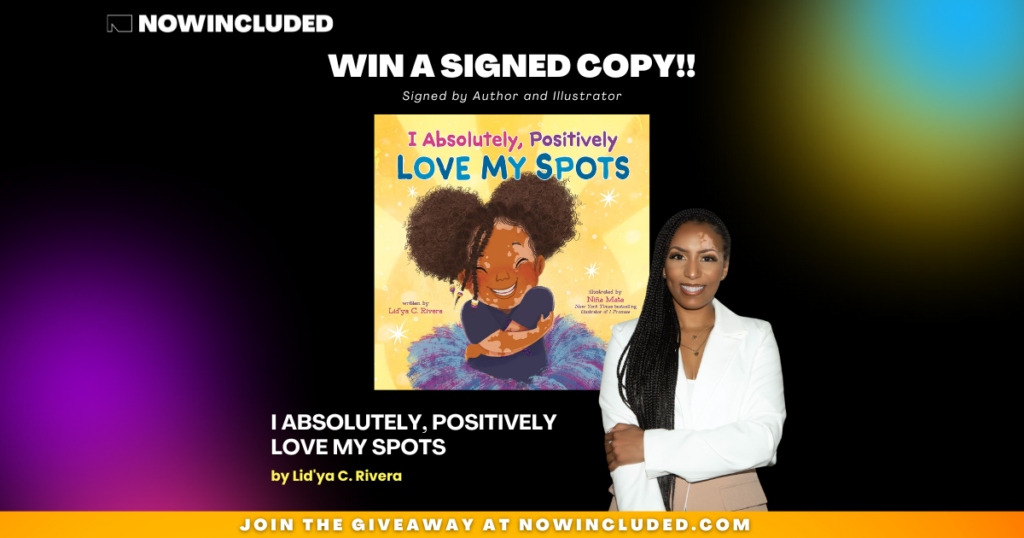“Somedays I had to make a choice between getting my medicine and getting some groceries,” confessed Wayne Washington. He was unaware that he had diabetes, therefore it went untreated for several years. It wasn’t until he collapsed and was sent to the ER, that he realized that he was headed towards a diabetic coma or worse. Thankfully, he was given meds to help regulate his glucose levels; but because he was uninsured, it made acquiring the necessary meds even more difficult.
With how things are set up, I have to make a choice between eating or buying the medicine that I need.
“I applied for disability and went to the health department to see about my prescriptions,” Washington shared. “It looked pretty good – it looked like everything was going to go through. But what about now? I need to be taking my prescriptions today,” he asked.
Diabetes medication must be taken regularly to keep a patient’s glucose levels in a healthy range. Unfortunately, Washington’s issues are very similar to a significant number of African Americans who live with this chronic condition yet have limited access to proper care. Add on the fact that most black men do not go to the doctor, until their condition has reached a critical state. Their condition could have been better managed, or even prevented, with a few proactive measures including early detection and a plan of care (e.g., diet, exercise, rest, support groups, etc.)
There are multiple factors impacting Washington’s health: procrastination resulting in worsened symptoms, limited access to financial resources, and medication. He is a self-employed mechanic so if he doesn’t work, he doesn’t get paid. Like many of his peers, his health condition is directly connected to his ability to have money to address the problem. And unlike those with access to paid-time off and health insurance, his declining health has even more complications than those with resources.
“With how things are set up, I have to make a choice between eating or buying the medicine that I need to eat something to take,” Washington chuckles. “How am I supposed to dig myself out of that hole?”
Washington’s questions are valid and echo across the Black community – how can we work to bring change that places people, like Washington, in a better position that could educate, empower, and equip residents to take control of their health with preventative measures before things take a turn for the worse?
Washington comments, “Hindsight is 20/20, but it’s not too late.” With consistent, medical management, lifestyle changes, and accountability, Washington is on his way to a better quality of life.


